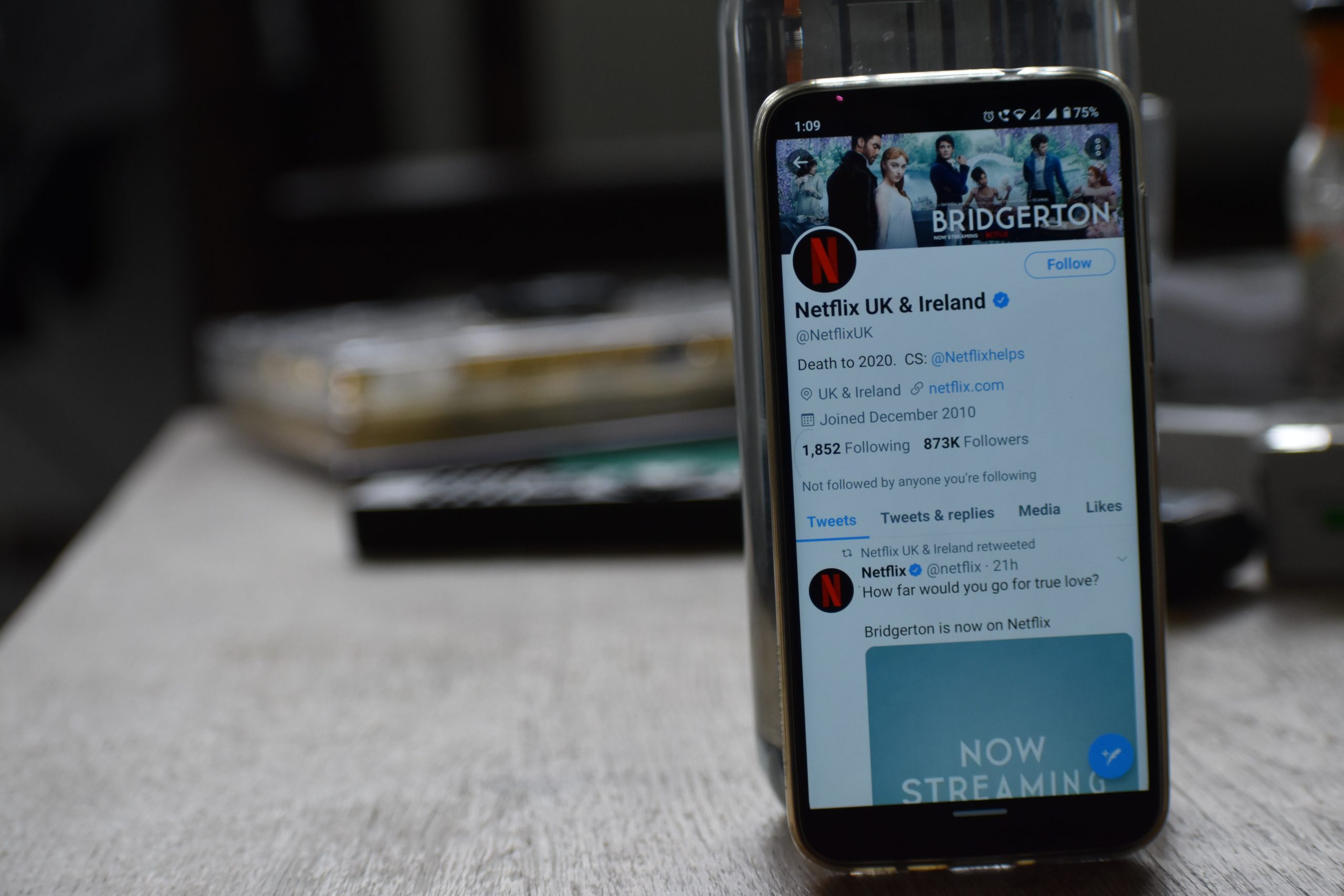Are you guilty of sharing your Netflix account with family and friends? You’re not alone. Account sharing has become a common practice among Netflix users, but it may soon come to an end. The streaming giant is cracking down on this behavior, leaving many wondering if they are shooting themselves in the foot by enforcing their policy. In this blog post, we’ll explore how account sharing affects Netflix’s bottom line, why they are taking action against it and what the potential consequences could be for both consumers and the company. So grab some popcorn and let’s dive in!
Netflix’s policy on account sharing
Netflix’s policy regarding account sharing has been a topic of debate among its users. The company allows users to share their accounts with family and friends, but only up to a certain extent. According to Netflix’s terms of service, account sharing is limited only to members of the same household.
The company also mentions that they may cancel or suspend an account if there is any unauthorized use detected. This means that if you are sharing your password with someone who doesn’t live in the same house as you do, then technically speaking, you are violating Netflix’s policy.
Netflix’s stance on account sharing comes down to revenue loss. The more people share an account, the less money Netflix makes from subscriptions. It’s understandable why they would want people to pay for their own individual subscriptions rather than having multiple people using one subscription.
However, it seems like many consumers view this practice as harmless and beneficial for both parties involved – those who can’t afford their own subscription can still enjoy Netflix while the streaming giant gains loyal viewership. So what prompted Netflix’s recent crackdown on this behavior? We’ll explore that next!
How account sharing affects Netflix’s bottom line
One of the main ways that account sharing affects Netflix’s bottom line is by reducing its revenue. When users share their accounts with others, it means that fewer people are paying for individual subscriptions. While this might not seem like a big deal at first glance, it can add up quickly over time.
Furthermore, when multiple people use the same account, they may be accessing content simultaneously on different devices. This puts a strain on Netflix’s servers and bandwidth resources, which can increase costs for the company as it works to keep up with demand.
Another way that account sharing impacts Netflix’s bottom line is through its data analytics efforts. By tracking user behavior across different accounts and devices, Netflix can gain valuable insights into what types of content are most popular and how viewers consume media. However, when multiple individuals are using one account or device to access content, it becomes more difficult to collect accurate data.
While some may argue that account sharing helps to promote user engagement and ultimately benefits Netflix in other ways (such as by increasing word-of-mouth referrals), there are also clear financial drawbacks to consider. As such, it makes sense for the company to crack down on this practice wherever possible in order to protect its revenue streams and maintain accurate data analytics capabilities.
Why Netflix is cracking down on account sharing
Netflix has always allowed account sharing to some extent, but the company is now cracking down on this practice. One of the reasons why Netflix is enforcing its policy on account sharing is to protect its bottom line. Account sharing can lead to a significant loss of revenue for Netflix since multiple people can use one subscription without paying extra.
Moreover, Netflix’s original content costs billions of dollars per year, and it needs subscribers’ fees to finance these productions. If too many people share accounts or passwords, the company may not have sufficient funds to create new shows or movies.
Another reason why Netflix is taking action against account sharing is that it wants to prevent password fraud and violations of user privacy. By allowing strangers access personal information by using others’ login credentials; they are putting their customers at risk while also violating their terms of service agreement.
With increased competition in the streaming industry from other players like Amazon Prime Video and Disney+, protecting profits becomes even more vital for Netflix. Therefore, by enforcing policies such as limiting simultaneous streams per account may help limit losses due to unauthorized usage.
There are various reasons why Netflix has begun cracking down on account sharing practices recently – including potential revenue loss due to subscriptions being shared repeatedly among different users without additional payments made over time or possible violation risks related directly toward individual users who might be unaware when someone else accesses their private data through unauthorized usage methods!
The potential consequences of Netflix’s enforcement of its account sharing policy
Netflix’s decision to enforce its account sharing policy could potentially have several consequences. Firstly, it may lead to a decrease in the number of subscribers as many people rely on account sharing to access Netflix content. According to a survey conducted by Magid Advisors, around 35% of millennials share their streaming passwords with others.
Secondly, enforcing this policy may also harm the company’s reputation among its customers who will see it as an unfriendly move towards its users. This can ultimately result in negative publicity and damage the brand image that Netflix has worked hard to build over the years.
Moreover, if Netflix continues down this path and starts aggressively pursuing users who share accounts, then competitors like Amazon Prime Video and Hulu might gain more subscribers at Netflix’s expense. These platforms offer similar content at competitive prices and are already popular among consumers.
Enforcement efforts against account sharing may prove costly for Netflix since they would require additional resources such as hiring more staff or investing heavily in technology that detects password-sharing behavior.
While there are some potential upsides from enforcing account sharing policies like increased revenue streams for licensing agreements with third-party providers – we must closely monitor whether these benefits outweigh any potential fallout before making any definitive conclusions about what should be done moving forward.
Conclusion
As Netflix continues to grow in popularity and expand its global reach, the issue of account sharing remains a significant challenge for the company. While account sharing can provide some benefits to Netflix, such as increased exposure and loyalty among users, it also poses potential risks that could harm future growth.
Netflix has taken steps to address these concerns by cracking down on account sharing policies. However, this move may not have been successful in achieving its intended goals. Instead of driving more revenue, it may lead to backlash from users who feel unfairly treated.
Whether or not Netflix is shooting itself in the foot with delays on account-sharing enforcement is a complex issue with no clear answer. The best approach will be for them to find a way to balance their need for profitability while still meeting the needs of their subscribers. Ultimately, only time will tell if they are making the right decision concerning this matter.










